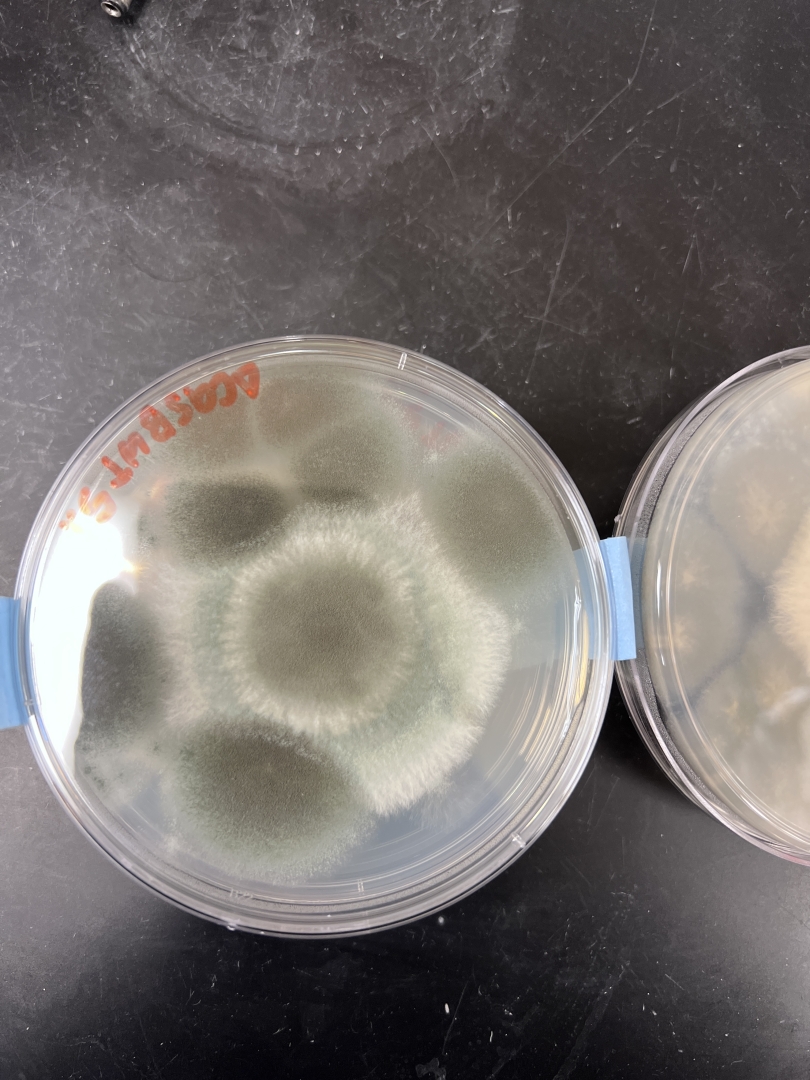

Daniel Kang


Being a Science Researcher @ Dartmouth!
The winter term, with daily temperatures reaching the negatives, I've been "actively" staying indoors to stay away from the cold! I've been ardently attending more office hours, meetings with organizations and advisors, and allocating more time for personal development. I've been contemplating, for all of fall term, what extracurricular activity I feel passionate about—what activity I'd want to dedicate significant amounts of time towards. My conclusion was science research!
I'm currently a research intern at Cramer laboratory at Geisel School of Medicine. My research investigates programmed cell death, or apoptosis, in "Aspergillus Fumigatus," a species of fungus. As some of you may know, immunocompromised individuals such as those who are undergoing chemotherapy or infected with diseases like AIDS or HIV are highly prone to fungal diseases—the immune system can no longer protect the skin from fungal penetration. When Aspergillus enters the tissues of your skin, it begins its work by causing significant cell death across your whole body. So, our lab's research probes methods of reversing and slowing down the process of apoptosis to assist those that are immunocompromised (especially cancer patients).

What does my commitment look like?
Currently, I work 12-15 hours a week, spending my time at the lab for about 3 hours each day. What's great about being an undergraduate in a science lab is that you're able to formulate your own schedule according to your class schedule. I even have the weekends off! I was lucky enough to also become a paid intern, making money while doing something I love.
I began with basic laboratory skills like creating cultures, learning how to use pipettes and microscopes, and conducting PCR tests (yes, the same test we use for COVID-19). But, just after 3 weeks of working, I already began my own experiment, growing and analyzing my own set of fungal species. It has truly been a wonderful experience so far.
If you're interested in a specific lab or even a general subject, I suggest you take the chance and ask professors/researchers/physicians about potential opportunities.
Posts You Might Like

Ciao Bella! Let me explain how I am completing the Dartmouth language requirement one row at a time.


Read more about the Ling 1 Introductory Linguistics class!


Read more about the Spanish 9 Advanced Culture and Conversation class!


Come learn about the classes I'm taking this summer!


My time at the MFA, completely free of charge!


At Dartmouth, students have the opportunity to fuse two different academic studies and programs into a single major. Learn more about my modified major here!


A look into my class Italian 85: Independent Reading and Research, focused on Italian Fascism.


Read more about the QSS 17 class!


Why the Dartmouth Greenhouse is my favorite campus escape
